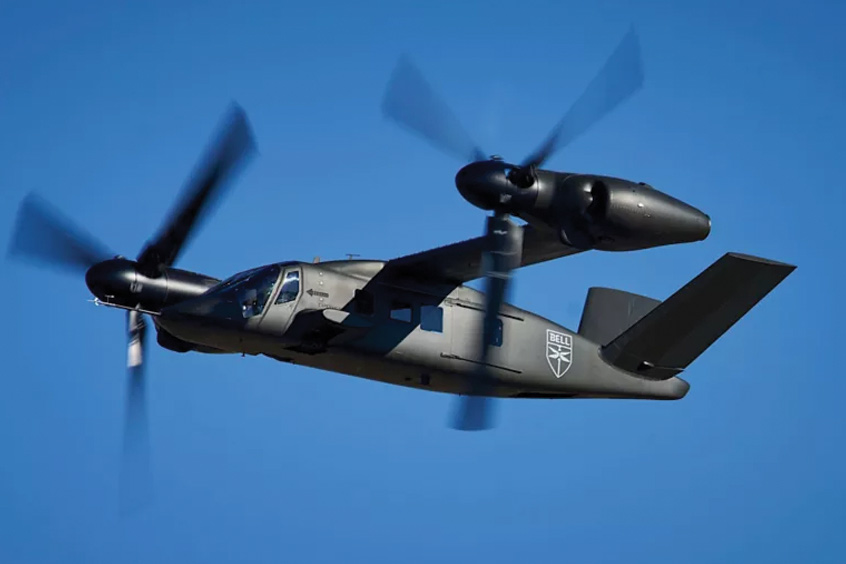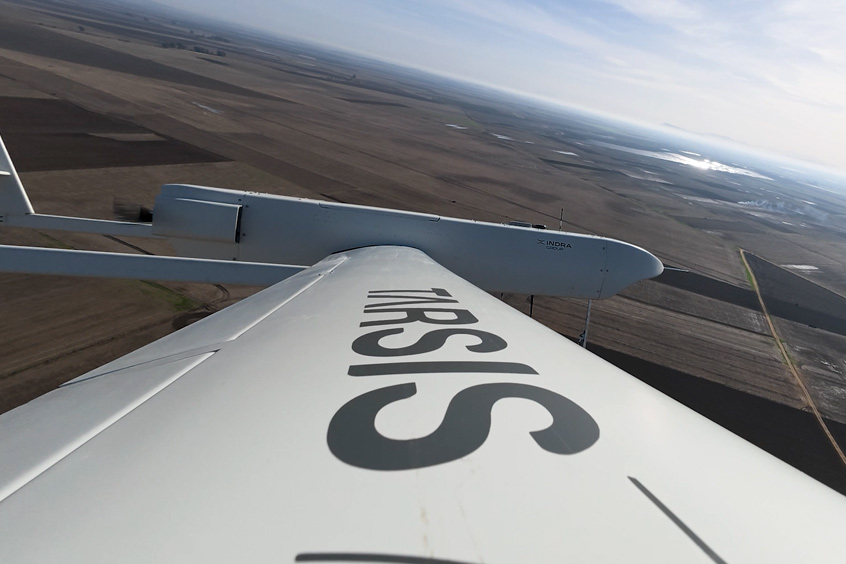PRESS RELEASE
Issued by: Jetoptera
Jetoptera, Inc. is collaborating with Honeywell Aerospace to bring fluidic propulsion to the defense market. The effort will leverage Jetoptera's revolutionary fluidic propulsion system and Honeywell's broad portfolio of proven turboshaft engines and auxiliary power units.
Fluidic Propulsive System (FPS) equipped aircraft enable runway independence, vertical take-off and landing (VTOL) or short take-off and landing (STOL) modes of flight. Jetoptera has designed the only proven fluidic propulsion system based on reliable turboshaft technologies augmented by fluidics, to create thrust without rotor blades, propellers or turbo-fans.
The company's unique approach to producing thrust for powerful, vertical takeoff and landing (VTOL)-capable aircraft is ideal for platforms with a Maximum Takeoff Weight ranging from as little as 200 lbs. to beyond 4000 lbs. Current designs enable FPS equipped aircraft to fly speeds from 60-400 knots indicated air speed. Fluidic propulsion will be ideally suited for emerging requirements from the Department of Defense projects and programs for Cargo, Intelligence, Surveillance, Reconnaissance and Targeting Aircraft.
Leveraging Honeywell's APU engine technologies as an air source for the fluidic propulsion system gives a clear development path to rapidly meet the emerging needs of the Department of Defense.
"Our low-risk solution is fuel efficient, can utilize a variety of fuels such as JP-5, JP-8 or become fully electric, and is significantly quieter in forward flight operations," said Todd Newton, Vice President of Business Development for Jetoptera. "The system is ideal for cargo UAS and unmanned aircraft in Group 3 and 4 in support of military requirements. Due to the ingenious design, the FPS also maintains a lower infrared signature because the thrusters output much cooler air than any other propulsion system, and because of the low emissivity of the materials used in the fabrication of the FPS thrusters."
| Contact details from our directory: | |
| Jetoptera | Airframer |
| Honeywell Aerospace, Engines & Systems | Turbofan Engines, Test Equipment, Fuel Test Equipment, Data Acquisition Systems, Turboprop Engines, Engine Parts, Turboshaft Engines, Auxiliary Power Units |
| Related directory sectors: |
| Engines |
Weekly news by email:
See the latest Bulletin, and sign up free‑of‑charge for future editions.

Honeywell supplies LED landing search light for MV-75

Indra advances UAV collision avoidance with 360-degree detection trials

Northrop Grumman delivers 1,500th F-35 centre fuselage from Palmdale
Kratos expands in Birmingham with systems integration facility